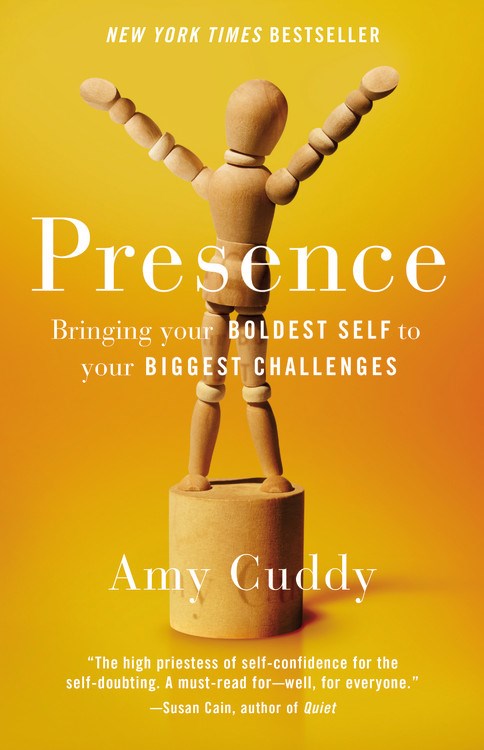Jack Covert Selects – The Responsible Business
There has been a movement in business thought toward responsible practices and sustainability these last few years, and business books have reflected that—Peter Senge called it The Necessary Revolution in his latest book. Last month, we reviewed what might become the movement's manifesto, aptly titled by its author, Umair Haque, The New Capitalist Manifesto. This month, I think we may have found the movement's textbook, The Responsible Business by Carol Sanford.
I say that not because it reads like a textbook (quite the contrary), but because it is indispensible to the study and field of responsible business. Sanford begins by stating that, for all the good intentions and commitment to corporate responsibility we have witnessed recently, she is "concerned because the responsibility-sustainability train is finally leaving the station, and it's going the wrong way."
As companies have begun appointing "responsibility officers" and started "green initiatives," Sanford has been arguing (as she has for the last three decades) against setting environmental goals and creating officer posts for responsibility. Her argument is that these efforts should not be an "add-on responsibility," but a "full-on responsibility"—that a business must be "systemically responsible."
Responsibility isn't a set of metrics to be tracked or behaviors to be modified. It is central to both the purpose and prosperity of a business and must be pervasive in its practices.Sanford identifies five stakeholders—what she calls "the pentad"—in Responsible Businesses: the customer is the "foundational shareholder"; the co-creator, "all the people and organizations who contribute to the creation of a product or service"; the Earth, "the original source and infrastructure without which human activities would be impossible"; the community the "business needs to partner [with] in order to source its materials and workers, manufacture its goods, sell its products or services, and recycle or store its waste" and; the investor, "without whom a company's dreams would be difficult or impossible to realize."
And she describes how the pentad works:
The pentad depicts a chain of logic that begins with the living image of a customer and flows organically through co-creators, Earth, communities, and investors. This flow results in improved health and vitality for all stakeholders.The author fills the book with examples (from DuPont to Seventh Generation) of how this is a recipe not only for responsible businesses, but profitable ones. And, in the end, Sanford believes this is the natural state of business:
This may sound strange, but I can hardly wait for the corporate responsibility movement to run its course so that business can get back to being responsible by nature.We love many of the books coming out of the responsibility movement, but we couldn't agree more.

